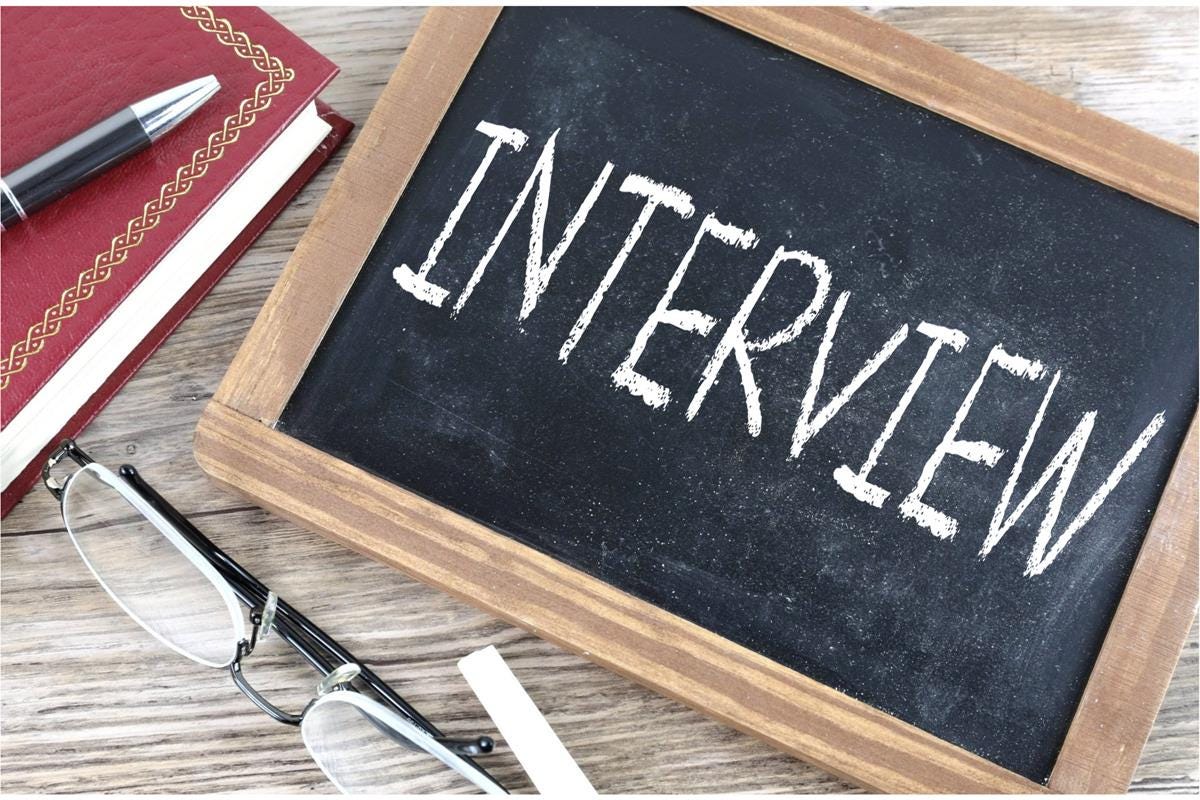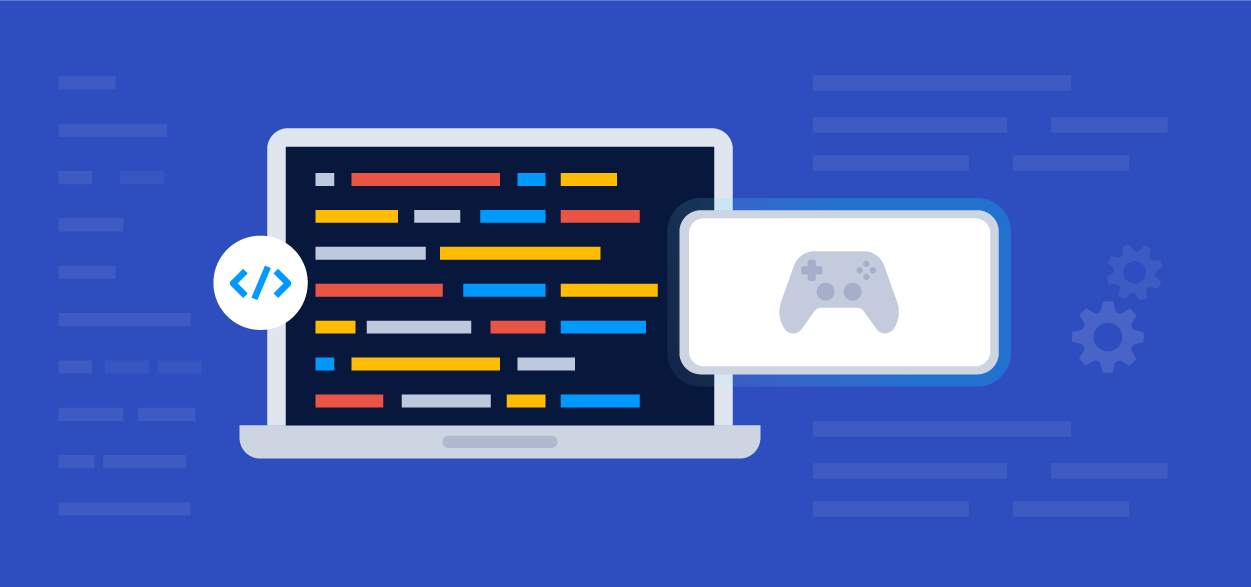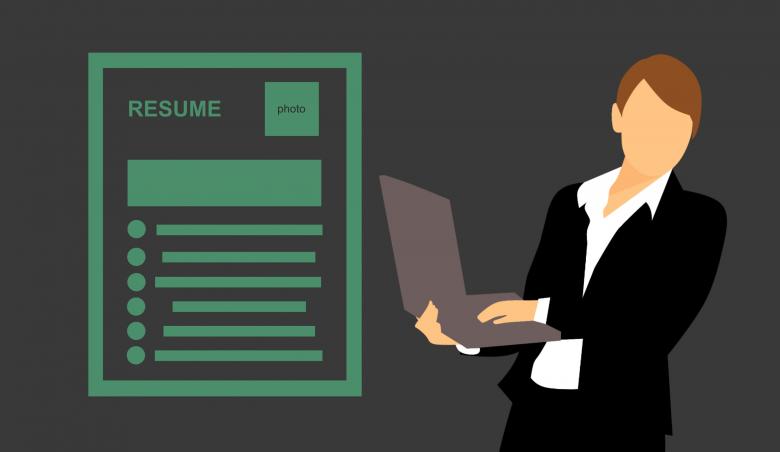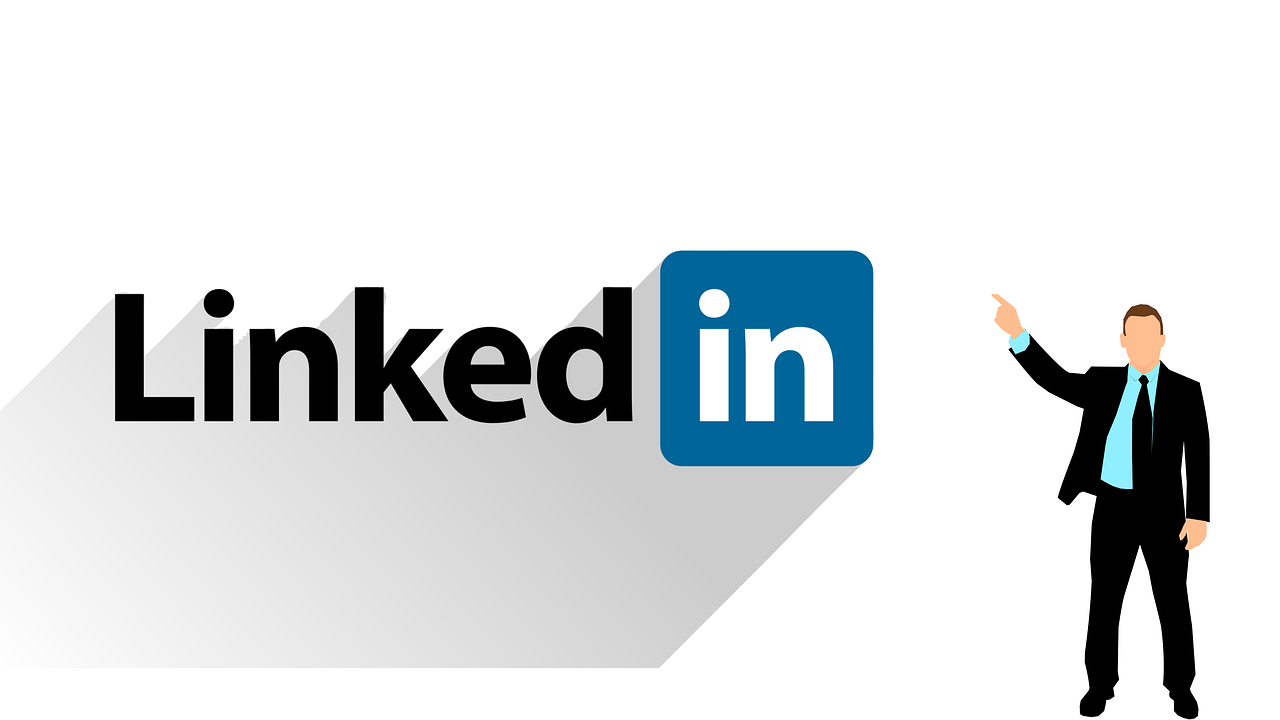Interview tips for fresher
27/07/2023

1. Research about Company and job role you are applying for
- Researching the company you will be working for is the first and most important step before attending any interviews. You must visit the business website, its social media pages, and conduct internet research to learn everything you can about the company, including its founding year, work, competitors, difficulties, and long-term objectives. If someone asks you, "What do you know about our company?" you must be prepared with an answer, answer without hesitation, and speak confidently. The majority of applicants omit this crucial step, giving the company the opportunity to eliminate them from consideration.
2. Dress appropriately
- Dressing appropriately is the one thing that the majority of applicants neglect, which increases the likelihood that they will not land their desired job. Therefore, you must dress professionally if you are attending a job interview. You will appear formal and interview-ready if you wear a crisp shirt, clean trousers and clean shoes. In addition to this, you can also bring a suit if necessary because it would make you appear more professional. In order to avoid drawing unwanted attention, "Say No" to oversized timepieces, gaudy jewellery, and overpowering fragrances.
4. Be well-prepared for common interview questions
- To succeed in an interview, you should also practise the common questions. Employers frequently ask candidates the same questions, such as "Tell us about yourself" and "What are your future goals?" "What motivated you to join our team and why?" Talk about your advantages and disadvantages, among other things. As a result, do prepare the answers to these questions and ensure that they are appropriate for your level of expertise.
5. Work on your communication skills
- One of the most essential traits a candidate may have is effective communication. You must be able to communicate clearly and know how to transmit your ideas whether you are speaking, non-speaking, or writing. You must ask them every question if you're going to work with them or their business. Structure your responses in a way that conveys your assurance and avoids sounding unfavourably while doing so. Always pay close attention to the interviewer's questions, then respond briefly while highlighting your qualifications.
6. Maintain eye contact
- In an interview, it's crucial to stay focused and keep an eye on the calibre of your responses. Your preparation is evident in the way you present your responses. Think before you speak at all times, and take small steps. Don't appear worried since it will affect the individual sitting in front of you negatively.
7. Positive body language
- Your body language is very crucial and provides a general glimpse into your personality. Make eye contact with the interviewer while sitting firmly and erect. Additionally, don't just stand there; speak while making gestures and hand motions to demonstrate your understanding of the questions and replies.
8. Optimistic thoughts
- An upbeat outlook can literally save your life. Everyone is aware that we are all terrified of many things both during and after an interview, especially our future. But it's important to keep a positive outlook because it will help you appear more confident to the interviewer. A freaked-out expression to the individual seated in front of you could cost you the opportunity to land the job. It is crucial that you have a positive attitude and try to imagine yourself in the shoes of the recruiter to understand what they are looking for. Since everyone wants to recruit a worker who can collaborate with coworkers and remains calm under pressure.
9. Keep all required documents either scanned or hard copy
- Keeping your documents organised is one of the most crucial things you should do before an interview. You must have multiple printed versions of your resume, and you should check each one carefully in advance for stupid or spelling problems. In addition, line up all of your academic papers, degrees, transcripts; original and photocopies (in one place for convenience). As it builds a little more trust, you can also bring your past internship credentials or any letters of recommendation. Also carry a pocket diary or notepad for writing down important things.
10. Improve Your Interviewing skills
- A practice interview serves as an exhaustive informational manual for your real employment interview. It gives you a reasonable opportunity to practise and get better at the areas where you need to. You can practise with your mentors, family members, or friends by setting up a totally professional environment. Keep all the required paperwork together in one location, along with a notepad to record any feedback, even though it is just for practice. In addition, dress formally and determine whether you feel at ease in it. Additionally, avoid appearing robotic; instead of memorising the answers, speak in a style that sounds interesting and presents you as qualified for the position.
11. Do not forget to ask any possible questions
- This might be regarded as one of the expert advices for new graduates. By asking questions to your interviewer, you demonstrate your research and come across as curious. Consider the inquiry "Do you have any doubts or questions" as a perfect opportunity to demonstrate your abilities and traits. By having thoughtful conversations with the interviewer about their company and the industry you might soon enter, you can make a good impression. Additionally, it helps you understand the work you'll be doing soon.
12. Follow Up
- After the interview completion, it is considered polite to thank the interviewer. Within 24 hours, you should send a thank-you note to them expressing your appreciation for giving you such a fantastic chance. Additionally, it makes you stand out from the competition and puts you at the forefront of their minds. Once you receive the response, you can make appropriate plans and decide whether or not to join the organisation. Furthermore, you might not always receive a positive response; in that case, you might inquire as to the reason you weren't given the position. You'll be able to prepare better for future interviews thanks to this, and you might even be hired by the same company for a different position.












